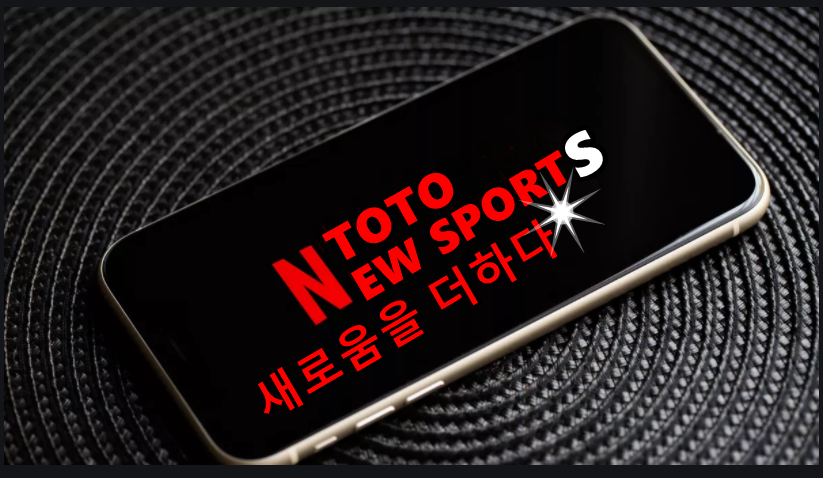사설토토
Her latest job as a columnist and host for the LA Dodgers is a great representation. Dark female baseball correspondents are far and not in the middle between. The MLB fan base is allegedly 60% white and greater part male; the players' list isn't substantially more different. "At the point when I get to the ballpark, I really do glance around, and generally, I am the main Black lady in my space covering a group," Watson tells POPSUGAR. 사설토토
""I needed to let myself know that I have a place, and I should be actually where I should be."
Right away, she let that dissimilarity get to her. "I felt like I needed to make myself absorbable to a white male," she says. She became hyper mindful of the manner in which she talked, more aware of how boisterous or volatile she was during competitor interviews, and deliberate about how she styled her hair and cosmetics. "It was truly difficult for me to observe who I am and who I was on TV," Watson says. Over the long run, nonetheless, she started to track down her section, declining to allow her current circumstance to direct her honesty. "It reached the place where I was like, 'I can't do that. I must act naturally,'" Watson says. "I needed to let myself know that I have a place, and I should be actually where I should be."
It didn't help that she was learning the occupation on the fly, facilitating game days for a game she'd never covered. She wasn't astonished when remarks about her experience came flooding in via web-based entertainment when she initially began. "I've been informed I was a variety recruit" and "that I ought not be here," Watson says, adding that fans have recommended that the main explanation she landed the position was on the grounds that the group has mostly Black proprietorship and a Black supervisor. Be that as it may, her ability justifies itself. Watching Watson interview players resembles watching a tennis match: she volleys inquiries to and fro, previously expecting their response and prepared with a subsequent inquiry they didn't see coming. She'll drive them into weak positions so she can get the W - which, in sports news coverage, means a decent audio clip and regard from the players.
Handled with VSCO with l4 preset
Watson has been pursuing this vocation since she was a youngster. Her granddad was previous president at HBCU Florida A&M University, and she consistently watched him venture into an arena of 25,000 individuals, encompassed by the fervor of the group, the players, and the band driving the school in their battle melody. A long way from feeling scared by the tension of the group, "I'd constantly need to go out on the field with him," Watson says. "I feel that is somewhat where it started."
Her family additionally inundated her in sports since the beginning. She played b-ball, was in the swimming club, and did tumbling. Her primary need, be that as it may, became volleyball: she played the entire way through school as a D-1 competitor at Columbia University.
At the point when it came time to pick either playing volleyball expertly or investigating other vocation valuable open doors, Watson says the decision was simple. She'd long respected the professions of correspondents like Claire Smith, Samantha Ponder, and Maria Taylor, and she involved their prosperity as a plan for her own life. She remained at Columbia and got her lords in news-casting, turning into the principal female beneficiary of the ESPN and NABJ Stuart Scott Scholarship. She consequently found some work at NFL International and proceeded to rule the enormous three games markets in Los Angeles.

By using this site you agree to this Privacy Policy. Learn how to clear cookies here
旗津風箏節 Teknoloji Dünyasına Adım Atmak İçin En Kolay Yol: Teknisyen Kursları China Gempa Bumi: Kejadian, Sebab dan Kesan Maidwell Cleaning Cary Getafe - Valladolid: el paso a la final de la Copa es cosa de dos EuroMillion 안전놀이터 메이저사이트 토토사이트